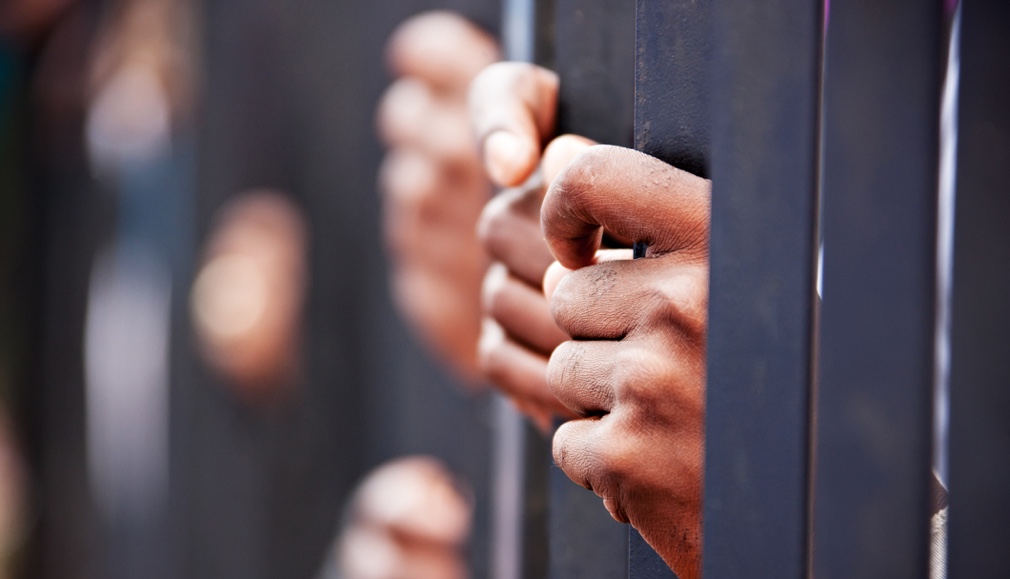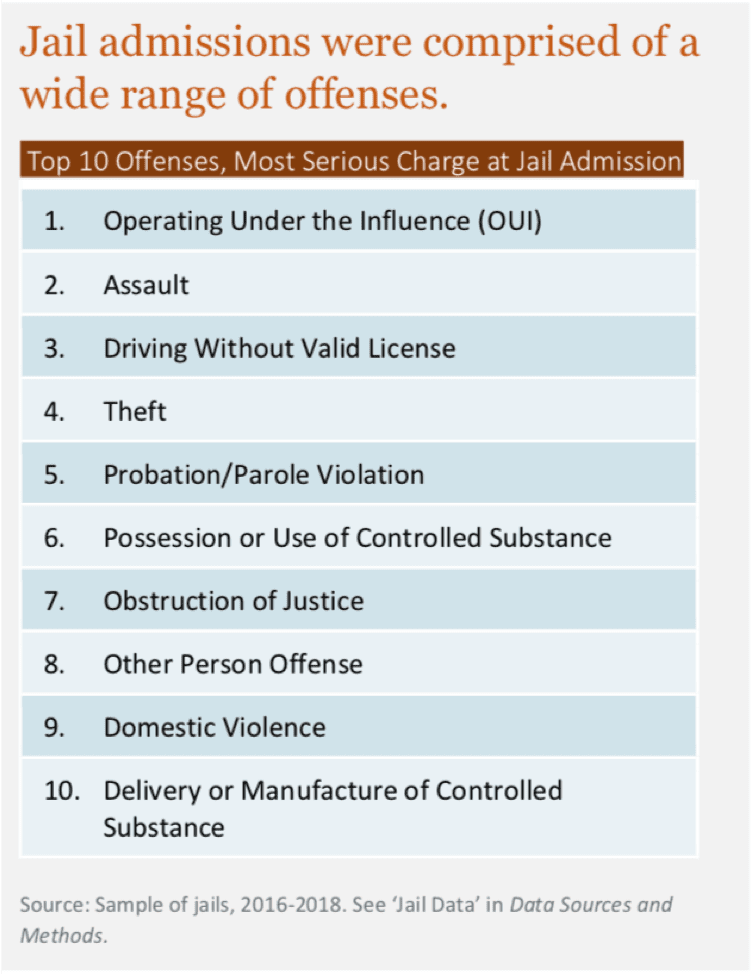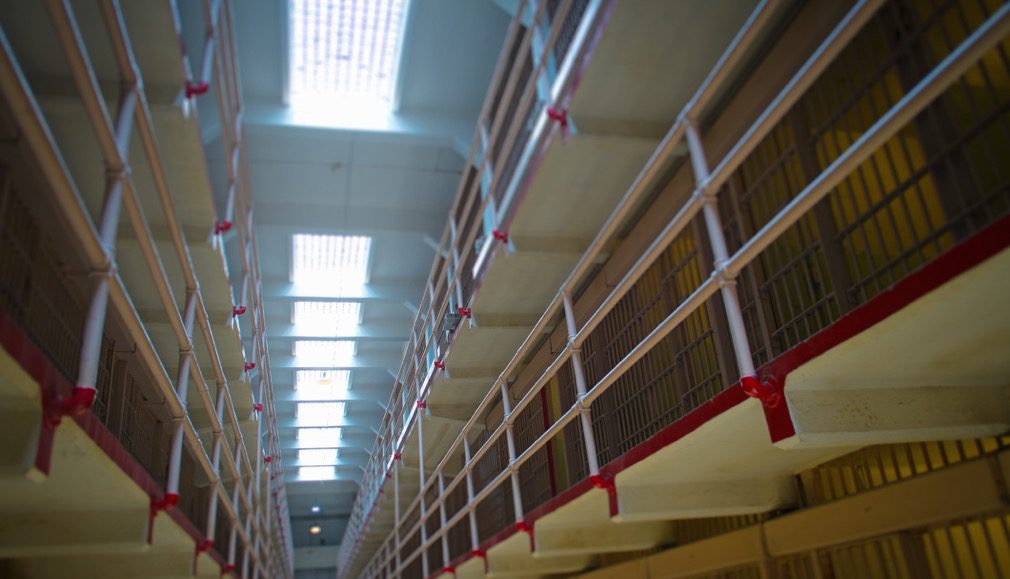The Michigan Joint Task Force on Jail and Pretrial Incarceration has recently learned that Michigan’s criminal justice system is misusing its jails. This was the conclusion of the task force’s most recent report calling for criminal justice reform in Michigan. In their January 2020 report and recommendations to the Michigan Legislature, it concluded many things that were already known to experienced criminal defense attorneys.

These consist of the following:
- There are entirely too many people getting locked up for non-violent offenses, such as driving while license suspended (DWLS).
- Setting high cash bonds is discriminatory to those who are underprivileged, and denies them the constitutional right to equal justice.
- Even short jail terms cause significant harm to a person’s life, including a detriment to people’s ability to maintain employment and financial burdens on innocent family members, who will do almost anything to post a bond.
- Those who cannot afford bond are more likely to plead guilty as soon as possible, as well as more likely to receive lengthier jail sentences. This is again another penalty on the poor.
- There are currently no guidelines set for recommended sentences or pre-trial release decisions. There is a wide disparity and not enough consistency between sentences for similar offensive conduct.
- Probation and parole violations sentences are simply too punitive in light of credible studies that demonstrate that jail sentences are not effective against re-offenders. In fact, these jail sentences actually increase the likelihood of recidivism.
The problems explained above with our criminal justice system have led to a significant increase in people being sent to jail over the past 30 years, which is inconsistent with the amount of crime happening yearly. The number of people in Michigan’s jails nearly tripled from an average daily population of 5,700 in 1975 to an average of 16,600 in 2016.
Additionally, an alarming number of those who suffer from mental illnesses are given jail sentences simply because criminal justice officials fail to understand their problems. Further, the costs to the taxpayers of our justice system is extraordinarily high at over 2 billion dollars per year; high enough for the third highest county expenditure.
Why was this joint task force created? Who are the members?
The Task Force was created by the Executive Order of Gov. Gretchen Whitmer in April 2019, three months after she took office. They were responsible to do the following:
The Task Force shall act in an advisory capacity with the goal of developing ambitious, innovative, and thorough recommendations for changes in state law, policy, and appropriations to expand alternatives to jail, safely reduce jail admissions and length of stay, and improve the efficiency and effectiveness of Michigan’s justice systems.
The task force is comprised of an extremely diverse and influential group of people. It is co-chaired by Lieutenant Governor Garlin Gilchrist II and Chief Justice of the Michigan Supreme Court Bridget McCormack. State senators (2), state representatives (3), a social worker (1) a county prosecutor (1), a defense attorney (1), district court judges (1), circuit court judges (2), law enforcement (2), jail administrators (2) a county commissioner (2), a county prosecutor and Michigan Attorney General Dana Nessel also serve on the task force.
The Task Force has held six public meetings, several rounds of subgroup meetings, and more than a dozen stakeholder roundtables, and heard testimony from roughly 150 practitioners and members of the public. Additionally, they examined 10 years of arrest data gathered from more than 600 law enforcement agencies across the state, 10 years of court data collected from nearly 200 district and circuit courts, and three years of individual-level admission data from a diverse sample of 20 county jails.
Below are the key findings and questions raised leading to recommendation for criminal justice reform in Michigan.
Our jails are crowded with too many non-violent offenders
There were two disturbing facts discovered about who is going to jail:
- Driving While License Suspended (DWLS) is the third most common reason for jail admission. However, most of those arrests are unrelated to driving safety. In 2018, almost 358,000 licenses were suspended for failure to appear in court or pay a fine.
- It was particularly concerning to learn about the number of people admitted to jail with mental health disorders. This rate is particularly prevalent in rural jails.
The number of people arrested correlates greatly to the amount of people spending time in jail. The failure to appear in court was the most common reason for arrest, with assaultive crimes such as domestic violence and OWI/DUI tied for second.
Additionally, Michigan has the sixth highest rate in the country of people on probation. Judges have a significant amount of discretion when deciding the penalty of a probation violation. The results for the same or similar conduct vary significantly depending upon the jurisdiction. Currently, there is little guidance or structure on when jail is an appropriate sanction for probation violations, nor does there exist an alternative jail program.
Is jail even an effective intervention?
While pre-trial detention serves a number of purposes, research suggests that jail detention has a number of negative impacts that can destabilize individuals and increase future offending. These detained defendants also face consequences that can significantly impact their employment, residential stability, and familial stress.
Close family members are also affected because they face an extreme amount of financial pressure to post the necessary bail for pretrial release. Similarly, jail incarceration has also been found to worsen individual labor markets and increase reliance on government assistance. Further, a study in New York City showed that while pretrial detention temporarily reduced offending through incapacitation, it increased arrests after the person was sentenced.
The long-term problems created by pretrial incarceration easily outweigh the short-term benefits.
Pre-trial detention is unconstitutionally abused
Many Michigan courts are flat-out abusing their discretion by requiring high bonds to secure pretrial release. This is an outright penalty on the poor, as only those who can afford bond are being released. Freedom is a right and pre-trial detention should be a carefully limited exception.
Federal practitioners, like myself, can attest to the fact that in the federal system, pre-trial detention is much more liberal. For instance, the Federal District Court in the Eastern District of Michigan has the highest rate of pretrial release in the county without any additional ill effect. Pre-trial detention is only withheld if it is determined that a condition or combination of conditions cannot ensure the safety of the public and the appearance in court.
Further, there exists little guidance and uniformity on pre-trial detention. Some courts routinely set high bail amounts while others do not. This results in more people in jail simply because they are poor and not because they are a danger to society.
Approximately a quarter of people sentenced to jail nationwide were sentenced to “time served,” which means they could not afford the bond to be released and stayed in jail until their case was heard. The desire to get out of jail also causes people to plead guilty as soon as possible, in order to get the case over with. Consequently, they do not take advantage of the pre-trial and plea bargaining process, which leads to lesser crimes of conviction with lesser penalties.
Task force recommendations for criminal justice reform in Michigan
In our opinion, the commission made 18 very important recommendations for criminal justice reform in Michigan. Below are highlighted recommendations:
- There are too many people spending time in jail for driving while their license is suspended, simply because they did not pay a traffic ticket. It was recommended to eliminate the suspension of driver’s licenses for failure to pay a fine on most traffic matters. Despite a favorable court decision that would allow the SOS to continue to suspend driver’s licenses for failure to pay court fees, AG Nessel and Secretary of State Jocelyn Benson joined with Chief Justice Bridget McCormack to help people avoid suspension.
“While it was clear the state would likely prevail, this onerous policy clearly penalized low-income drivers, putting them in a no-win situation by severely limiting their mobility and access to employment,” Nessel said. “It is time to re-evaluate laws that effectively criminalize being poor.”
- Reduce jail admissions for infractions that are the lowest threats to public safety and that are already routinely addressed with fines. Certain low-level misdemeanors should be reclassified as civil infractions, which are not eligible for arrest. Removing common low-level violations from arrest eligibility would preserve law enforcement time and resources, limit the costly use of jail for minor infractions, and reduce the number of people with criminal records.
- Expanding officer discretion to issue criminal citations for all misdemeanors, excluding offenses involving domestic violence. It was also recommended to enact a statutory presumption of citation in lieu of arrest for 90 and 93-day misdemeanors (except assaultive, domestic violence, and stalking misdemeanors). This means that those accused of first offenses like retail fraud will not be arrested, which would preserve law enforcement resources and eliminate unnecessary jail admissions.
- Failure to appear in court is the most common reason for arrest in Michigan. It was recommended that summonses can be used as opposed to bench warrants for many non-violent offenders.
- Divert people with behavioral health needs away from the justice system by creating a statutory framework.
- Shorten the time people spend in jail between arrest and arraignment and provide a due process hearing for defendants who are still detained 48 hours after arraignment.
- Courts receive little statutory guidance on which pretrial conditions to impose. This has led to release and detention procedures that vary widely among the counties. It was recommended that Michigan establish higher thresholds for financial and non-financial pretrial release conditions.
- Limit exposure to jail for those on probation and parole supervision.
What now?
This report and recommendations have been forwarded to both houses of the Michigan Legislature and the Governor’s Office. Obviously, it’s available for everyone to review and comment. However, it is now on the legislature to come to a consensus on which recommendations are agreed upon, and draft legislation to address them.
It would be best to first determine the approval of constituent groups such as law enforcement, prosecutors, attorney general and defense attorneys. The legislative process can be long and quite complicated, but they have already made progress in criminal justice reform in Michigan (expungement, civil asset forfeiture, raising the age of criminal responsibility), so they are already motivated for further change in criminal justice.
This was the right time for this to happen. We hope for bills to be drafted before the fall.



